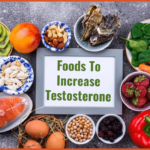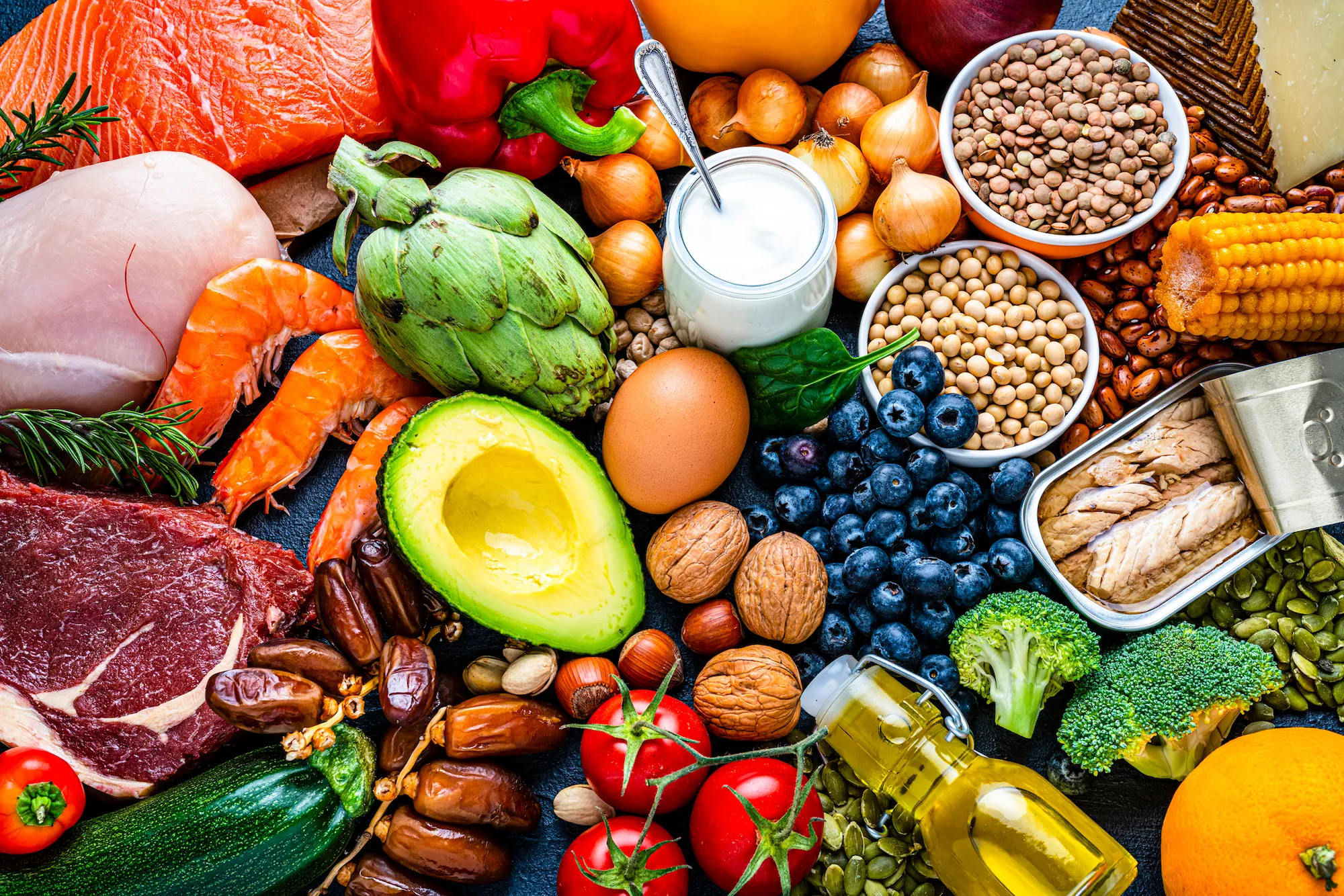Building muscle requires consuming enough protein to support muscle growth and repair. Here are some protein-packed meal ideas for muscle building:
- Grilled chicken breast with quinoa and steamed broccoli: Chicken breast is a lean source of protein, while quinoa provides carbohydrates and additional protein. Add a side of nutrient-rich steamed broccoli for fiber and vitamins.
- Salmon with sweet potatoes and asparagus: Salmon is an excellent source of protein and omega-3 fatty acids. Pair it with sweet potatoes, which offer carbohydrates and nutrients, and asparagus for added vitamins and minerals.
- Lentil curry with brown rice: Lentils are a plant-based source of protein, and when combined with brown rice, they provide a complete protein source. This meal is also rich in fiber and various spices that add flavor and additional health benefits.
- Greek yogurt with mixed berries and almonds: Greek yogurt is high in protein and can be enjoyed as a snack or as part of a meal. Top it with mixed berries for antioxidants and some almonds for healthy fats and extra protein.
- Tofu stir-fry with mixed vegetables and quinoa: Tofu is a plant-based protein source that can be stir-fried with a variety of colorful vegetables like bell peppers, broccoli, and mushrooms. Serve it over a bed of quinoa for a complete protein-packed meal.
- Turkey meatballs with whole wheat pasta and tomato sauce: Make turkey meatballs using lean ground turkey and enjoy them with whole wheat pasta and tomato sauce. Turkey is a lean protein source, and whole wheat pasta provides carbohydrates for energy.
- Egg omelette with spinach, mushrooms, and whole grain toast: Eggs are a versatile and easily digestible protein option. Make an omelette with spinach and mushrooms for added fiber and antioxidants and serve it with whole grain toast for complex carbohydrates.
Remember, the amount of protein needed for muscle building varies depending on factors like body weight, activity level, and goals. It’s important to consult with a healthcare professional or registered dietitian to determine your individual protein needs and tailor your diet accordingly.











